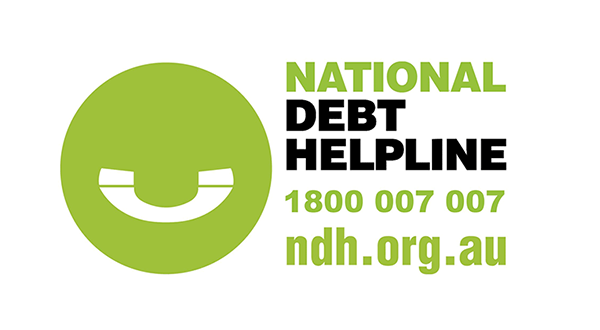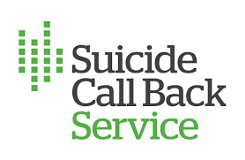Financial wellbeing
Understanding the link between money and mental health
Financial health and mental health are linked. Financial challenges can cause significant stress, which can impact our mental health and wellbeing. Similarly, the state of our mental health can make it harder to get on top of our finances.
Financial wellbeing means having control and confidence over your money to support your life and mental health.
Money stress can increase anxiety, depression, and social withdrawal.
Mental health challenges can make managing finances harder.
Signs of poor financial wellbeing include ignoring bills, overspending, and withdrawing socially.
Practical steps include setting time for money matters, making a plan, and seeking help early.
Free support is available through the National Debt Helpline and Beyond Blue.
What is financial wellbeing?
Financial wellbeing is about having the financial freedom to make choices that allow you to enjoy life. There are some things that affect our finances that we can’t control, like rising cost of living or unexpected expenses. But there are some things we can control.Every day we make choices with our money. Each of these decisions, small and large, impact our lives, and these decisions also impact what we call financial wellbeing.
What are the signs of poor financial wellbeing?
Delays recognising or acknowledging a problem, such as ignoring emails from banks or not reading bills
Delays seeking help
Prolonging unhelpful behaviours like overspending
Withholding information from others, including our closest family and friends, and health professionals.
Withdrawing socially from family, friends and work colleagues
Self-medication and unhelpful behaviours like alcohol and substance misuse.
What can you do to improve your financial wellbeing?
- Acknowledge the link between financial wellbeing and mental health and think about how this affects you personally.
- Get in control of your finances by setting time aside for money matters – try and get into the habit of doing this regularly.
- Don’t delay – the earlier you get on track with your finances the better.
- If you need a helping hand, ask someone close to you who will offer help without judgment.
- Make a plan and take a step-by-step approach, acknowledging each task ticked off your to-do list as an achievement.
- Seek help from a free, financial counsellor available through the National Debt Helpline.
Further information
Money and mental health report
Research by ASIC, in collaboration with Beyond Blue, confirms the strong relationship between financial wellbeing and mental health.
Services guide for financial and mental wellbeing
A guide for utilities, financial and mental health services to help people with financial and mental wellbeing challenges get back on track.
Free e-learning to support mental health
Log in to access our self-guided courses. One helps you learn how financial wellbeing and mental wellbeing are linked. The second gives business advisors the confidence and tools to help support the mental health of small business owners.







